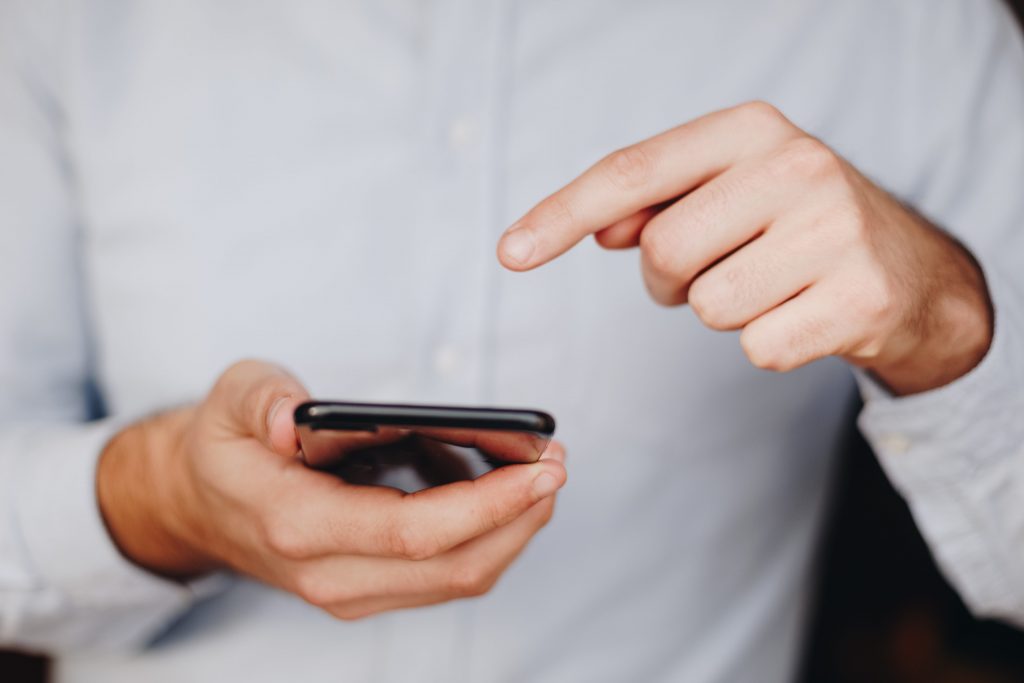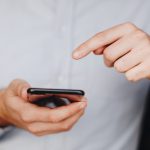

We rarely give it a moment’s thought. Consciously, or more often subconsciously, we have been accustomed to sharing a piece of personal information without a second thought: our phone number. Each of us, on average, punch in our digits to sign up to use apps and websites more than 100 times a year — and that’s just online. Our mobile phone numbers have become permanently attached to us because we rarely change them, keeping them from job to job and place to place.
So, before you hand over your number, ask yourself: is it worth the risk?
What risk do I hear you ask? This is where most of us switch off and just think it’s not an issue. “I’ve had the same mobile number for years and sure I get the odd nuisance call, but I haven’t been hacked”. “Yet…” we’d add to the end of that and yes, we hear that kind of thing all the time.
What almost all of us fail to grasp is our phone number has now become an even stronger identifier than our full name. At the same time, that seemingly innocent number has increasingly become connected to apps and online services that are hooked into our personal lives. And it can lead to information from our offline worlds, including where we live and more.
Simply by plugging your number into a straightforward public records directory, you can reveal an alarming level of personal detail; full name, birth date, current and past addresses, property taxes, and even the names of your family. From there, hackers and fraudsters have now captured all the details they need to potentially answer security questions that could break into your online accounts. Even more sinisterly, they could target family and loved ones with sophisticated phishing attacks.
For only $5 using an online database, this is the data your phone number alone reveals:
What could happen next is pretty evident, and for the creative hacker could include:
The above is eye opening and we make no apologies for laying the risks out as clear as we can. So, that risk you questioned earlier? Well, now it sounds obvious when we realise how much information is linked back to your mobile number that you should question every time you are asked for it. In an attempt to avoid scaremongering further, it’s very easy to better stay protected and de-link some of those clues to your personal life.
Get a second number that is completely detached from your personal information.
Using a second number has multiple benefits and is probably the single best thing you can do to stay better protected. Your mobile number is visible on all your messaging apps, shared with Big Tech freely to use their services, and is even given out to the most basic of services, but all unnecessarily. Having your number visible on these platforms is the skeleton key that unlocks all the doors to your life. We are biased, but who cares when it’s this important.





Simvacy Now Allows You To Control Your Mobile Identity Whilst Keeping Your Main Number Private
WhatsApp, Telegram, Signal, WeChat Simvacy.com, are registered trademarks of their respective owners. Simvacy.com is not associated with the entities listed above. By using this website you are subject to our Policies/Website Rules and you agree with our Terms and Conditions.
Copyright © Simvacy 2025
1234567890
Keeps your personal number private across your social messaging apps completely detached from your personal data.
(Monthly subscriptions are billed month to month. No contract. No obligation. You may cancel your subscription plan at any time.)
Includes receiving unlimited verification calls to use your Simvacy number across your favourite messaging apps.
Free
Includes unlimited voicemail-to-emails so that anyone who attempted to call you without using WhatsApp, Signal etc, would be able to leave you a voice recording which is then sent to your email address registered to your account.
Free
Compatible with the worlds most popular messaging apps such as WhatsApp, Telegram, Signal, Clubhouse, WhatsApp Business and more.